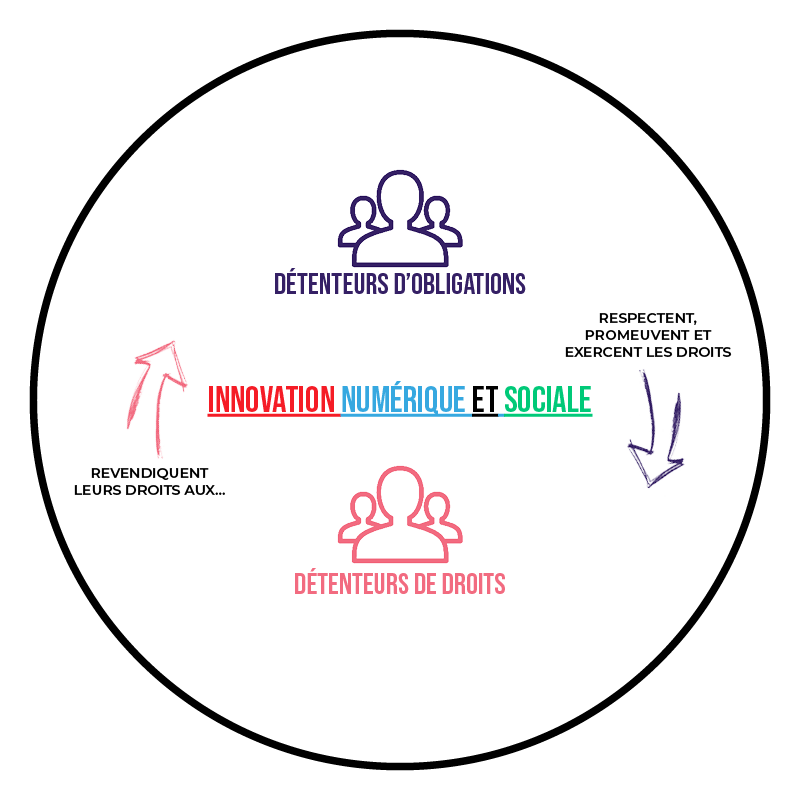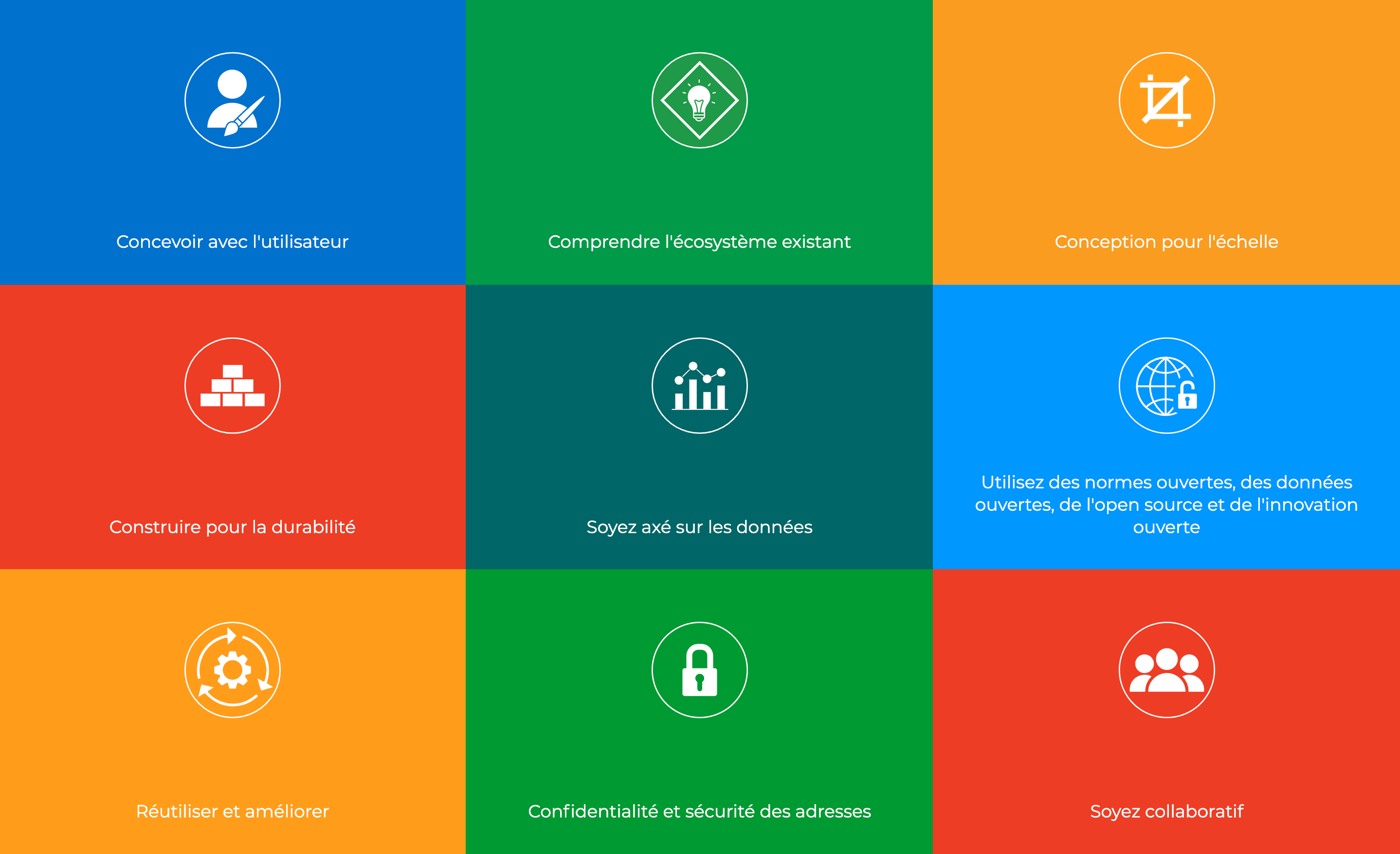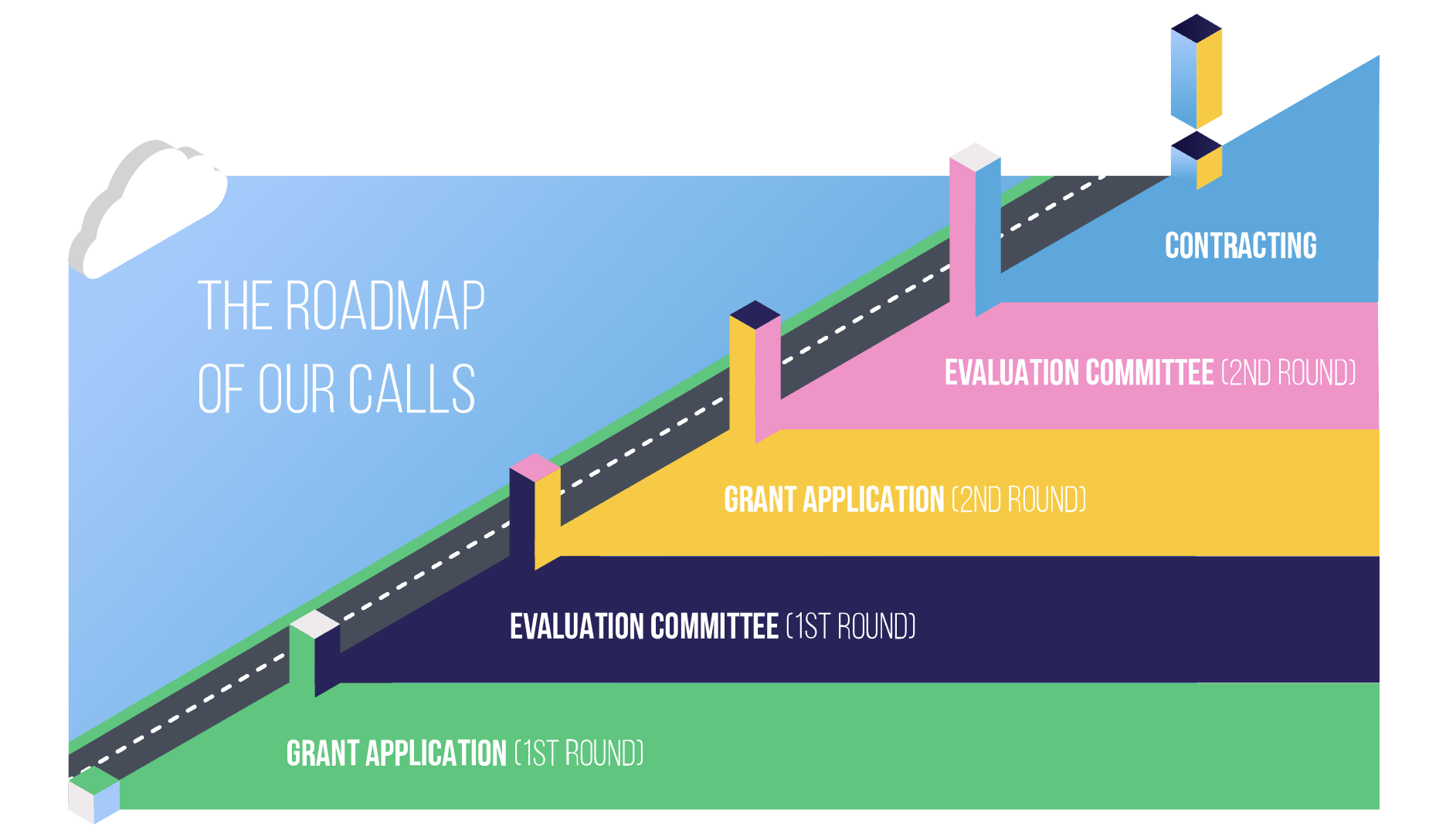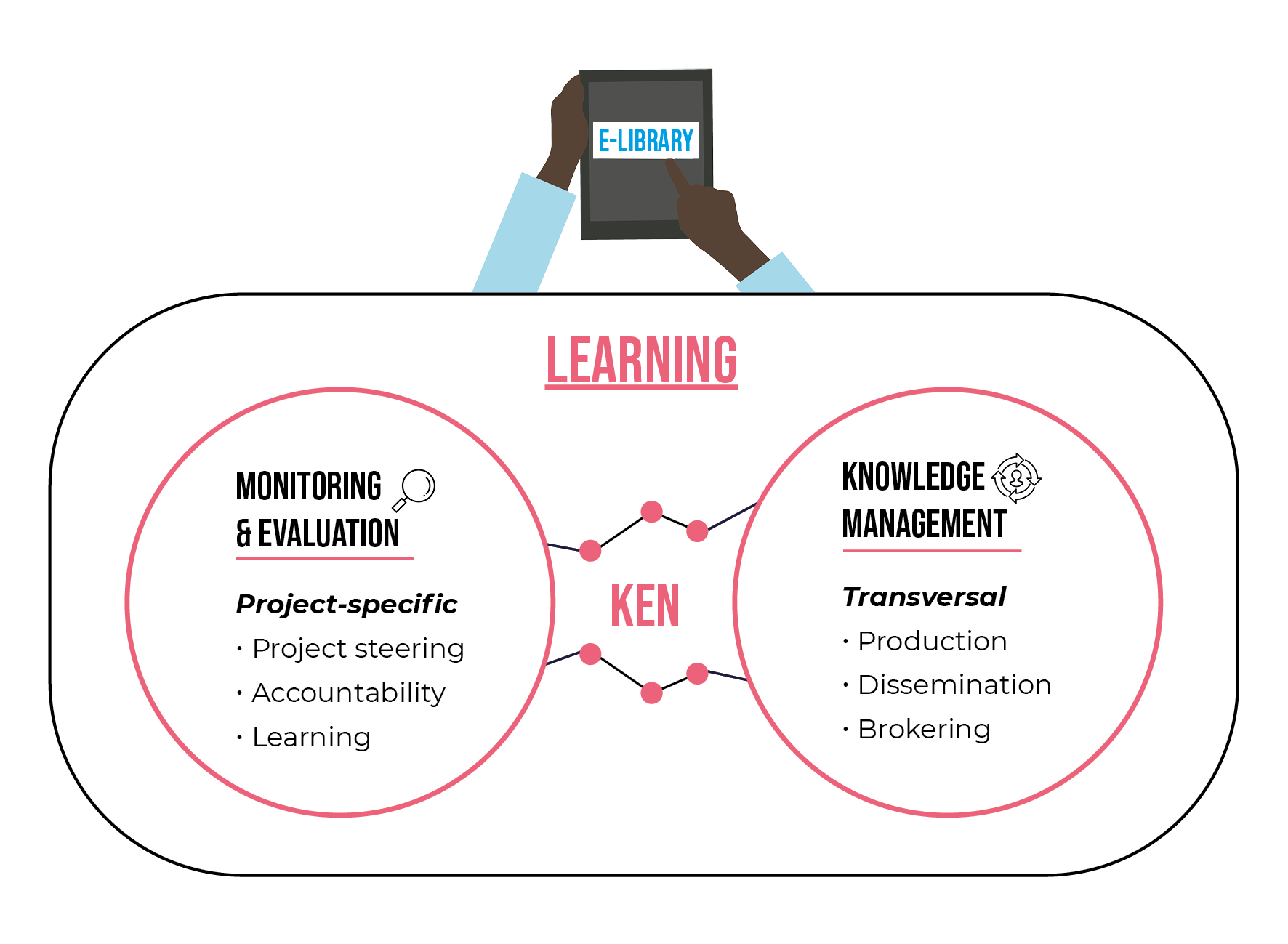Through the Wehubit programme, implemented by Enabel, the Belgian development agency, a call for proposals was launched in June 2021. The objective of this call is to ensure the continuity of educational services to mitigate the impact of the COVID-19 crisis in the 13 targeted partner countries. The COVID-19 outbreak has had a profound impact on the way we interact and communicate. In terms of education, we have seen a transition to online learning to ensure that learners’ education is not totally disrupted, often excluding already vulnerable groups.
The selected projects will receive financial support through a grant agreement and will be integrated into the Wehubit knowledge sharing network. This network allows the different members of the network to share their learning and to develop partnerships between them.
The project started on May 1st, 2021 for a duration of 32 months.
The COVID-19 epidemic has profoundly affected the education and training sector.
Today, more than ever, digital solutions are needed to keep education going, and to ensure greater access for learners from all walks of life. In this sense, educational technology projects have the potential to bring together the resources, skills and digital technologies that teachers and educators need to implement effective e-learning. While educational technologies are not in themselves new to many teachers and learners, this is the first time that a transition of this magnitude has been imposed on the entire educational community.
An important lesson from this epidemic is that flexibility, innovation and resilience in the face of crises are essential to protect the right to education, for this generation and the next. The pandemic has also widened the digital divide for learners from disadvantaged or vulnerable groups. Greater attention to inclusion is therefore essential.
ACTION
The EdTech component, implemented by Enabel Wehubit programme, will consist mainly of two components:
- On the one hand, support for the scaling up of digital social innovations that aim to use educational technologies to improve the quality and continuity of teaching and learning.
- On the other hand, the facilitation of knowledge sharing between projects. The objective is to capitalize on the lessons learned and good practices of the different projects active within the Wehubit network, and thus contribute to the sharing of knowledge within the different D4D and social and/or public innovation communities.
The selection of supported projects is done on a competitive basis, seeking the closest possible alignment with the Wehubit programme approach. The digital social innovations we support are implemented by civil society and/or public institutions. The strategic orientations of the programme include the Human Rights Based Approach (HRBA) and the Principles of Digital Development.

For the HRBA, the analysis consists of understanding the extent to which the project aims to strengthen the capacity of public authorities to fulfil their obligations and the capacity of citizens to claim their rights. When receiving a proposal, we assess to what extent the proposed solution will improve the implementation of rights, the dynamics between actors, their respective capacities to exercise their roles; to what extent the project takes into account vulnerable groups, and whether it ensures that inequalities in rights are reduced or not created.
Wehubit also adheres to the nine principles of digital development. Projects funded by the programme are encouraged to use these principles as a compass during their implementation.

Moreover, during the call for proposals, specific guidelines were set out on the basis of the theme:
- Ensuring continued access to services
- Ensuring the inclusion of vulnerable groups
- Ensuring the quality of learning
- Ensuring the sustainability of solutions
- Promote hybrid approaches
In terms of learning, the programme has set up a Knowledge Exchange Network (KEN). Partner organisations share best practices and lessons learned to contribute to the knowledge development of the digital social innovation ecosystem.
Topics of common interest are identified by network members. The programme then facilitates the provision of technical expertise to the network, in the form of a pathway.
ORGANIZATION
– The Wehubit programme in a few words and in video
Enabel, the Belgian development agency, is responsible for the implementation of Belgian governmental cooperation, and also provides expertise to other donors such as the European Union. Its activities focus on Fragile States, mainly in Africa.
In 2018, Enabel started the Wehubit programme in line with the Belgian government’s strategic note on Digital for Development (D4D).
At present, the Wehubit programme supports 22 very diverse projects in 13 of Enabel’s partner countries, involving 40 organisations. For more information on Wehubit projects, visit https://www.wehubit.be/en/projects.
PARTNERS
The Wehubit programme aims to stimulate digital social innovation and is primarily aimed at organisations in the public and not-for-profit sectors.
Projects are selected through competitive calls for proposals, based on the strategic guidelines promoted by the programme:
- Human rights-based approach
- Alignment with the Digital Development Principles
- Scaling a digital social innovation
The contractualization of the projects selected in the framework of the EdTech – DIRECCT project is planned for December 2021. We will then be able to present the identified partners.

RESULTS / IMPACTS
As Wehubit has not yet selected projects for the EdTech call for proposals, precise results and impacts cannot yet be shared.
The overall objective of the call for proposals is to ensure the continuity of educational services in order to mitigate the impact of the COVID-19 crisis in the partner countries targeted by the call.
The specific objective of the call for proposals is to strengthen digital solutions to support the continuity and quality of public education services and extend them to vulnerable groups.
The contribution to this specific objective and the progress made will be measured on the basis of the indicators defined during the second cycle. The project leaders will also be required to report on the following common indicators
Number of beneficiaries trained
Number of digital solutions(/services) supported + number of registered/recurrent users for these solutions(/services)
Number of repeat users from vulnerable groups (specifying, for example, women and girls, disadvantaged populations, refugees, disabled people, etc.)
Beyond the indicators, the programme uses the data collected from the partner projects to research, analyse and document best practices and lessons learned in order to contribute to the knowledge development of the digital social innovation ecosystem (Knowledge Exchange Network). The knowledge produced will be made available through the Wehubit online library.

Places of intervention (countries, regions, localities)
The selected projects will be from the following 13 countries: Benin, Burkina Faso, Burundi, Democratic Republic of Congo, Guinea, Mali, Mauritania, Mozambique, Niger, Rwanda, Senegal, Tanzania, Uganda.
